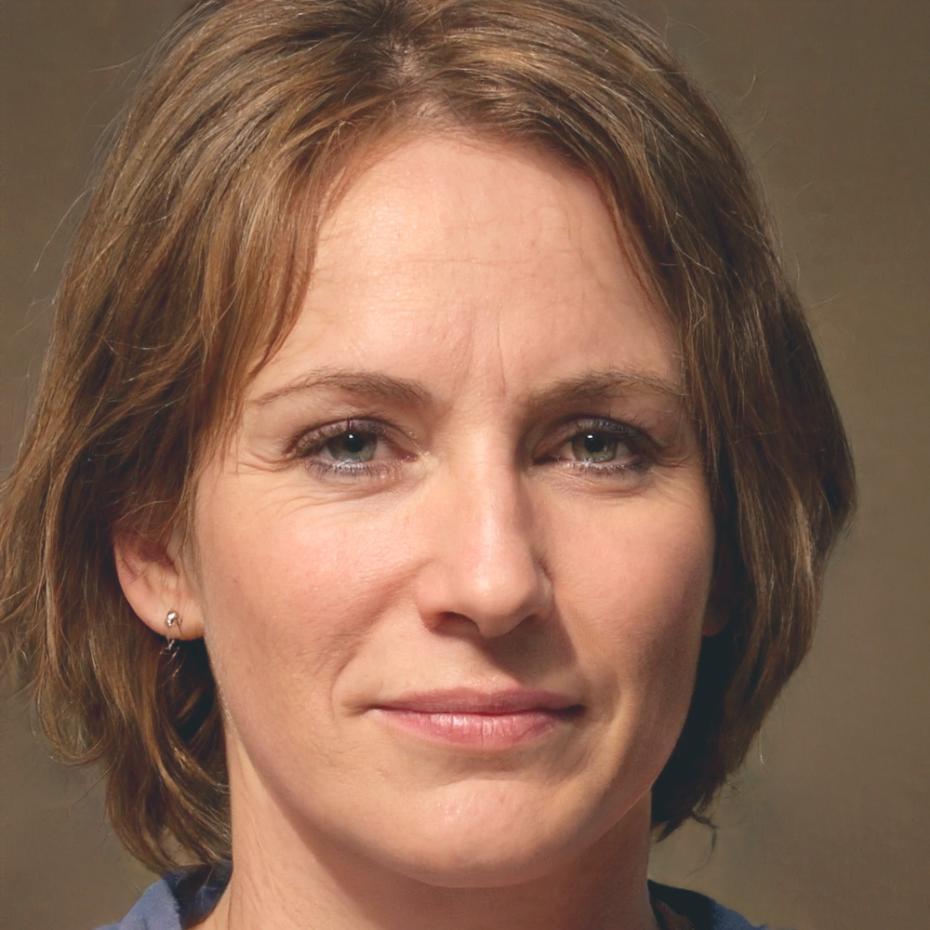Your Financial Foundation Journey
Real skills. Practical knowledge. Measurable progress. See how our structured approach builds genuine financial competency through hands-on learning.
Three Stages of Financial Understanding
Our program follows a progressive learning model. Each stage builds on the previous, creating a solid foundation that students can actually use in their daily financial decisions.
Building Financial Awareness
Students start by understanding where their money actually goes. We don't just teach budgeting theory—we work with real bank statements and spending patterns. Most people discover they've been making assumptions about their finances that aren't quite accurate.
What Students Develop:
- Personal spending analysis skills
- Basic investment terminology understanding
- Simple budgeting systems that actually work
- Realistic goal-setting frameworks
Practical Financial Management
The middle phase gets hands-on. Students practice with case studies, work through different scenarios, and start making informed decisions about their own situations. We see a lot of "aha" moments during these months when concepts finally click into place.
Skills Students Master:
- Risk assessment for different financial products
- Creating sustainable saving strategies
- Understanding insurance and protection needs
- Basic tax planning concepts
Long-term Strategy Development
The final stage focuses on putting everything together into a personal financial plan. Students leave with a clear understanding of their options and a realistic timeline for their goals. This isn't about getting rich quick—it's about building sustainable financial habits.
Final Capabilities:
- Personal financial planning competency
- Investment option evaluation skills
- Retirement planning basics
- Ongoing financial education planning
Next Program Intake
Our August 2025 cohort is forming now. Classes are deliberately kept small to allow for individual attention and practical work sessions.
Program Details
Information sessions available in June 2025. Program focuses on practical financial education and skill development. Individual results depend on personal circumstances and commitment to coursework.

